Recycling Rigid Plastics: A Sustainable Solution for the Environment
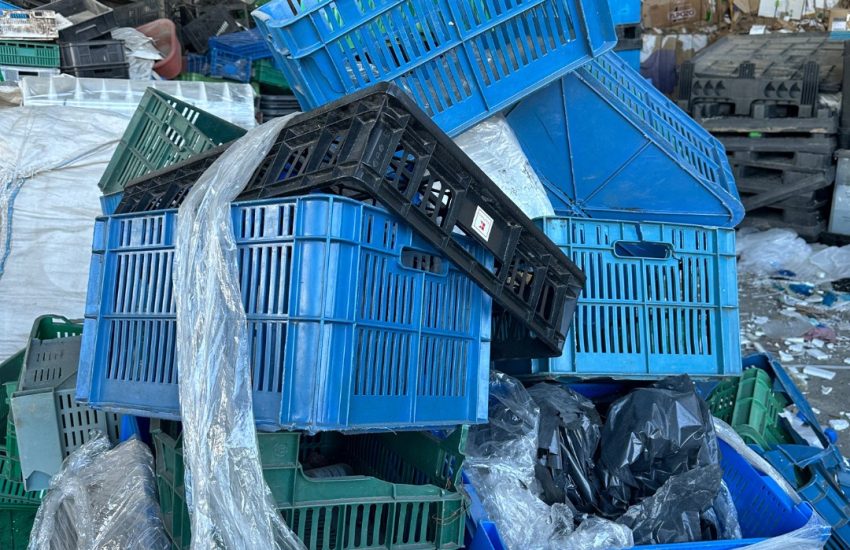
Rigid plastic, used in crates, pallets and other industrial products, is a significant source of pollution. This type of plastic can remain in the environment for hundreds of years, contributing to the accumulation of waste and negatively affecting soil and water. By properly recycling rigid plastic, we can reduce its environmental impact and support the development of a cleaner and more sustainable environment.
Benefits of Rigid Plastic Recycling
Reduce costs and optimize resources: Recycling rigid plastics, such as crates, allows the reuse of materials and lowers production and waste management costs.
Saving natural resources: Allows reuse of plastics, reducing the need for oil.
Creating new products: Recycled plastic is used to make furniture, packaging or building materials.
Stages of the Recycling Process
- Collecting: Plastic is collected by recycling programs or specialized centers.
- Sorting: Materials are sorted by type (PE, PP, PET, etc.) for correct processing.
- Cleaning: Plastic is washed to remove impurities such as food scraps or labels.
- Shredding: The material is made in small pieces to facilitate reprocessing.
- Reprocessing: The pieces of plastic are melted down and turned into pellets, which are used in the production of new objects.
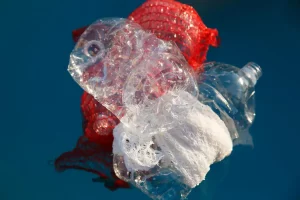
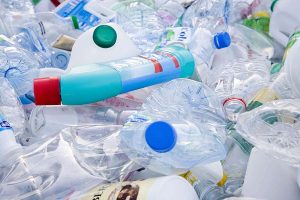

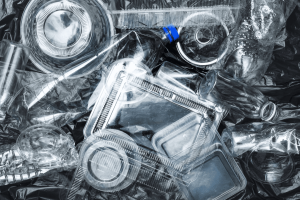

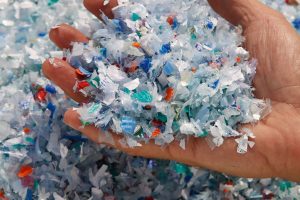
Finplast - The ideal partner for rigid plastic recycling
Finplast offers complete solutions for the collection and recycling of rigid plastics such as crates, pallets and other hard plastic products. By working with us, you will help reduce waste, optimize material management costs and support the development of an efficient circular economy.
Contact us to explore the benefits of a long-term collaboration.
